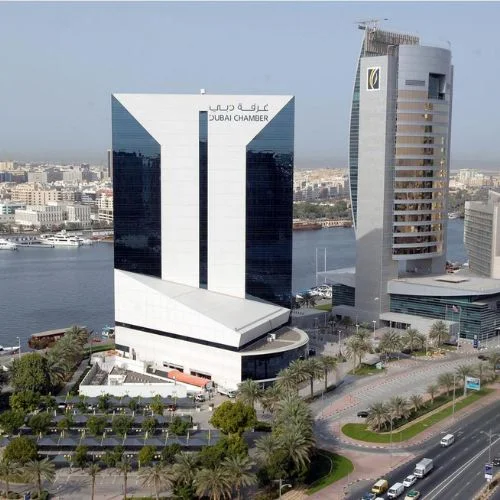As Israel continued its assault on Gaza in response to the Hamas strikes on October 7, Puma announced that it was ending its sponsorship of the Israeli national football team. The German company stated that this decision was made a year ago and had nothing to do with fresh calls for consumer boycotts.
According to an internal memo obtained by the Financial Times, the third-largest sportswear manufacturer in the world will stop supplying the team with uniforms starting next year because it declined to extend its agreement with the Israel Football Association.
As a result of the 2018 collaboration, which included clubs established in Israeli settlements in the West Bank, which are regarded as illegal by the majority of the international community, protestors launched a boycott campaign against Puma.
Puma has refuted the accusations, stating that it does not fund club-level operations and solely supports the national team.
Demonstrations against the brand’s storefronts in a few western cities have occurred in recent weeks, drawing attention to the difficulties that geopolitical concerns can present for international corporations.
In 2021, Ben & Jerry’s declared that selling their ice cream in the Occupied Palestinian Territory was “inconsistent with our values” in response to a similar criticism from pro-Palestinian campaigners. Eventually, the ice cream’s owner, Unilever, sold the local branding rights to a licensee, who is still selling the product in the area.
However, those acquainted with the internal deliberations said that Puma’s decision to drop Israel’s national football team was motivated by money and was a part of a larger “fewer-bigger-better” strategy to become more selective in sports marketing.
The document states that Puma, who lost its most well-known national team, Italy, to Adidas in 2022, is set to reveal a new collaboration with a highly visible group shortly.
According to the letter, the corporation would also “discontinue to work with some other national teams,“ citing competitive reasons, the teams’ involvement in significant international competitions, or “where we have simply not been able to agree on the terms to extend the partnerships.”
Israel’s national football team has never qualified for a major international football event, with the exception of the 1970 World Cup in Mexico, where it was eliminated at the group stage after only scoring one goal.
The national team is placed 75th out of 200 countries in the FIFA rankings, behind Oman, Northern Ireland, and Cabo Verde. People familiar with the situation claim that Israel’s 9.7 million population limits the market for kit sales, which are a major factor in sponsorship agreements with national football bodies.
Along with ending its sponsorship of Serbia’s national team for the following year, Puma stated in the letter that it will keep “evaluating all other existing partnerships as well as any other upcoming opportunities to ensure we have a strong roster of national teams.”
The business declined to respond, citing that its €8.4 billion in sales in 2022 was nearly twice as high as it was in 2018, the year the boycott calls started. A request for comment from the Israel Football Association was not answered.















